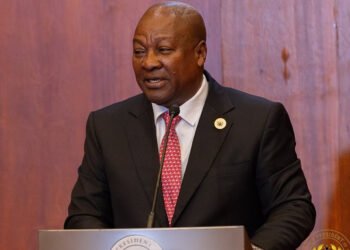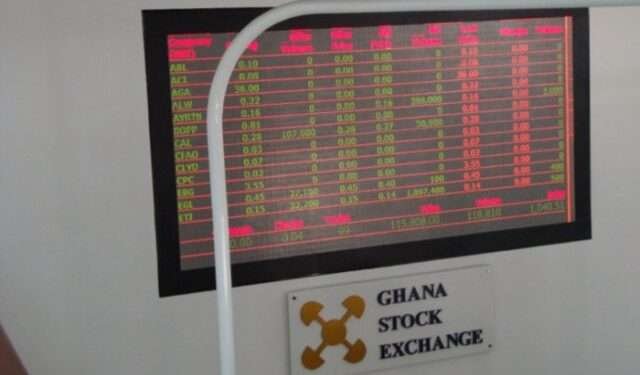Former General Secretary of the General Agricultural Workers Union (GAWU), Edward Kareweh, has warned that illegal mining, commonly known as galamsey, now poses the gravest danger to Ghana’s rubber industry.
He said the once-thriving sector faces unprecedented destruction as plantations and farmlands continue to fall victim to the operations of illegal miners.
Speaking on the matter, Kareweh explained that while rubber has historically competed with crops such as oil palm and cocoa for land, galamsey has overtaken all other challenges to become the single biggest threat.
“Rubber grows where other crops also grow, so when you expand oil palm, then the land available for rubber expansion is taken away; if you expand cocoa production, then that land is also taken away.
“So they used to be the main competition, the main threats – but eventually came one threat more dangerous than all of them – galamsey”
Edward Kareweh, Former General Secretary of the GAWU

Kareweh noted that the scale and destructive nature of modern galamsey operations have worsened the situation, not only reducing land availability but also directly destroying existing farms. He stressed that the consequences are severe and widespread, threatening livelihoods and the survival of the rubber sector itself.
Beyond the environmental degradation, Kareweh revealed that some farmers have begun selling their rubber plantations to illegal miners, opting for immediate financial gain over the long-term sustainability of their farms.
He described this trend as deeply worrying, as it accelerates the collapse of the industry and undermines Ghana’s agricultural resilience.
The warning comes amid growing alarm over declining rubber production in the country. In recent years, Ghana’s rubber industry has been touted as a significant contributor to export earnings and industrial raw materials, but it is now struggling under the weight of mounting threats.
The Association of Ghana Industries (AGI) has already raised concerns about the sharp decline in raw material supply. In a recent caution, the group indicated that rubber processing plants across the country face possible shutdown if urgent action is not taken to address the shortage.

The AGI warned that sustained losses in production could cripple Ghana’s efforts to diversify its agricultural export base, particularly at a time when global demand for natural rubber remains high.
Need for Urgent Action
Kareweh’s observations add to the chorus of voices calling for more decisive measures against illegal mining, which continues to devastate Ghana’s environment and agriculture.
The destruction of rubber plantations comes on top of the already well-documented impacts of galamsey on water bodies, forests, and cocoa farms. Agricultural analysts argue that without urgent interventions, Ghana risks losing one of its promising agricultural industries to unchecked mining activities.
They point out that rubber, unlike many other crops, requires years of investment before yields can be harvested, meaning the destruction of plantations translates into long-term economic losses that cannot be easily reversed.
Government agencies have previously acknowledged the devastating impact of galamsey on agriculture, but critics insist that enforcement of anti-galamsey measures has been weak and inconsistent.

With rubber production now under severe threat, stakeholders are pressing for stronger collaboration between the state, industry players, and local communities to safeguard the sector.
Kareweh’s warning reinforces growing fears that Ghana could face a rubber industry collapse if immediate steps are not taken to halt galamsey operations and protect existing plantations. For many, the issue represents not only an agricultural crisis but also a broader national security threat, as illegal mining continues to ravage vital economic sectors.
READ ALSO: Perseus Mining Gets Green Light for Côte d’Ivoire Underground Gold Mine






















